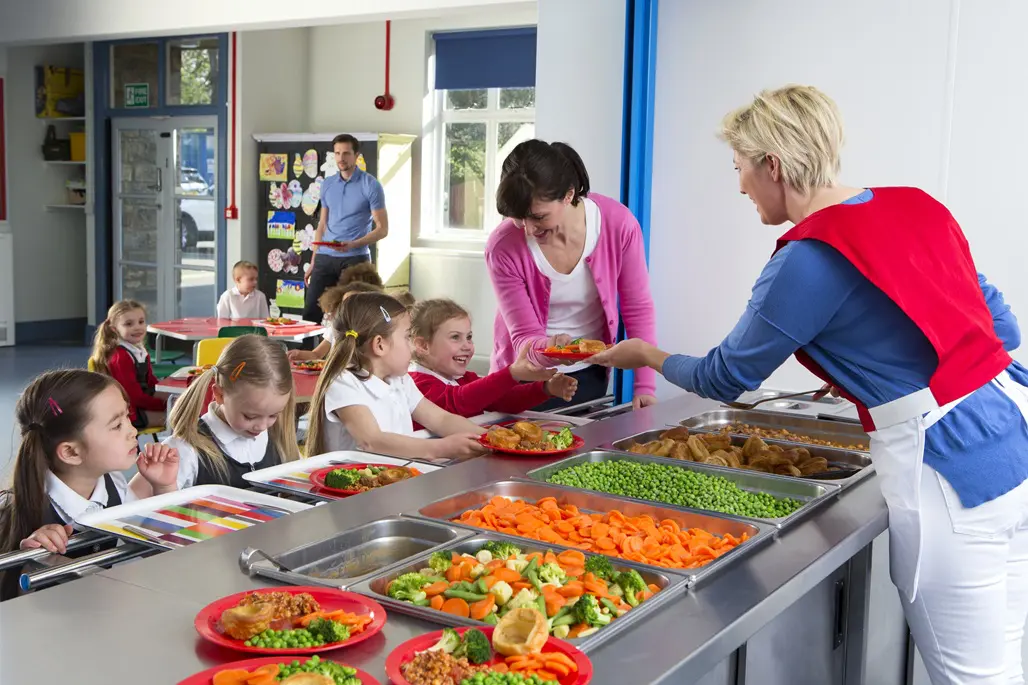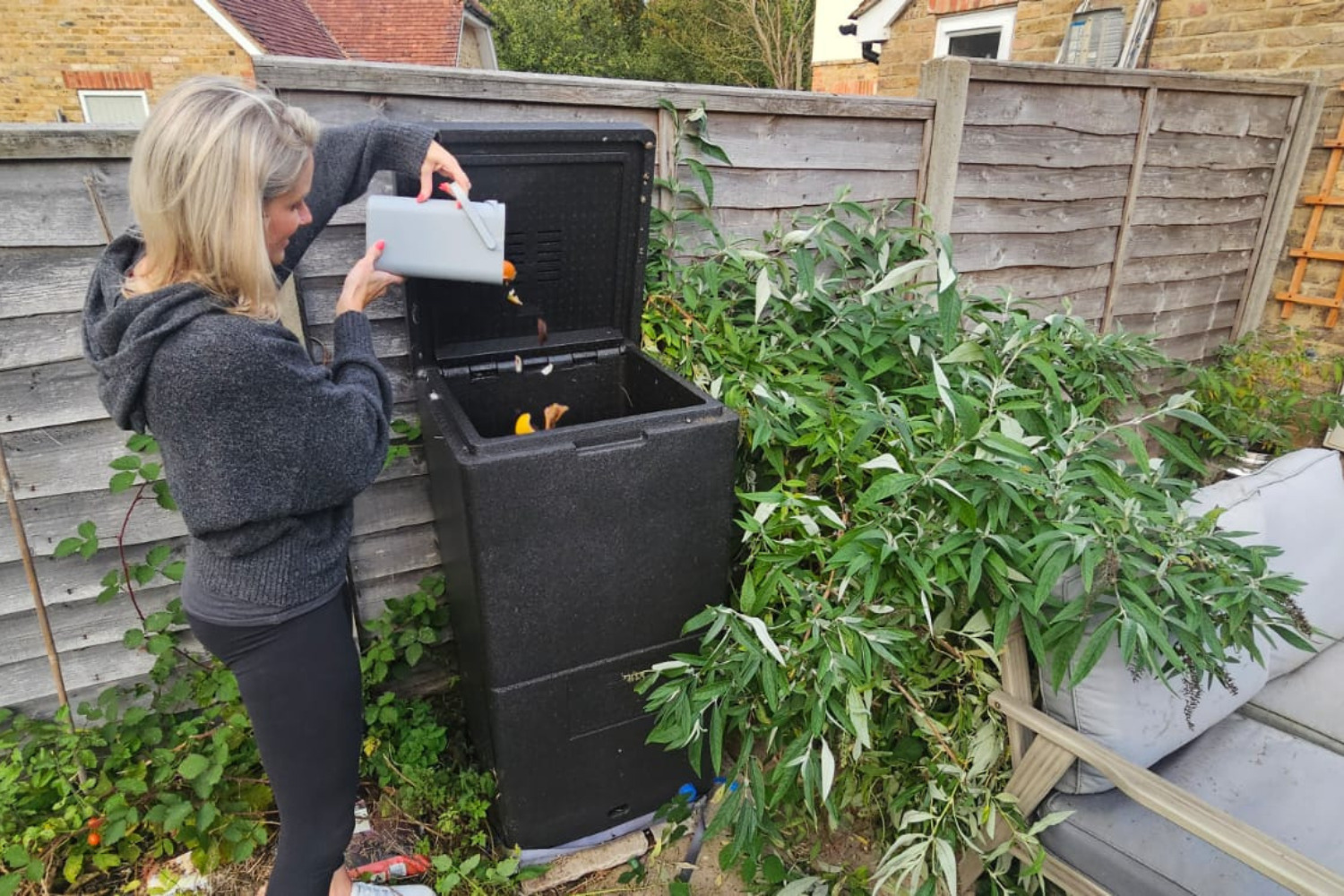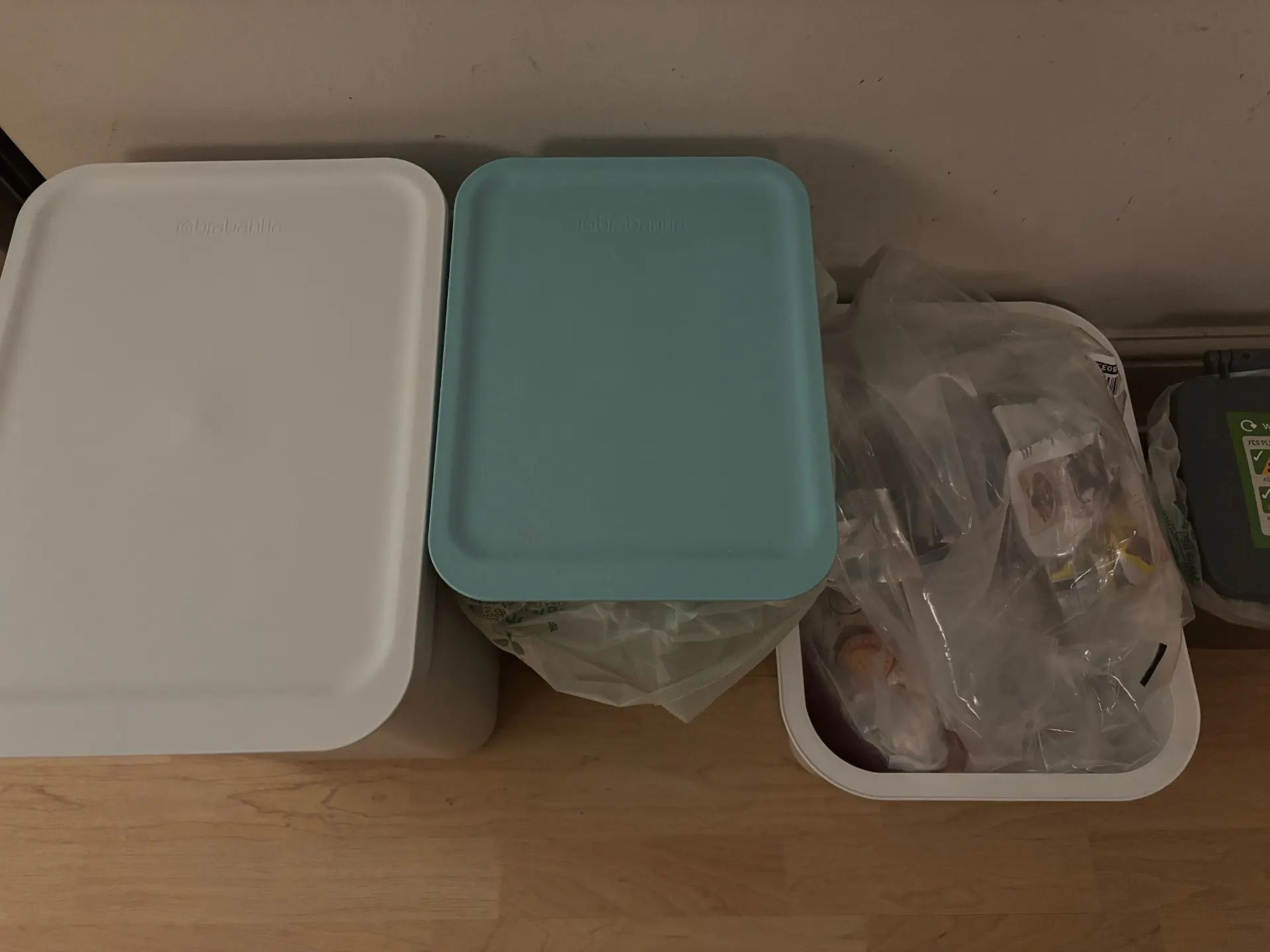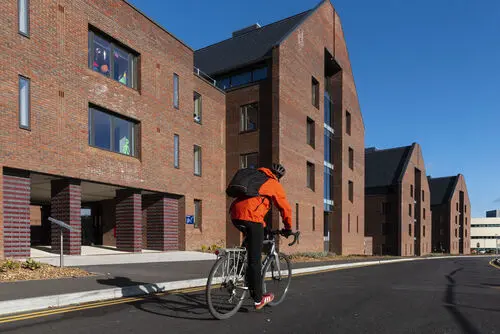Reduce food waste in schools
Over 80,000 tonnes of school food waste is produced every year in the UK, and nearly 77% of this waste is entirely avoidable (Food Waste in Schools). Food waste in schools is particularly concerning – not only does it have a serious environmental impact, but it also affects pupils’ health. When children do not eat the nutritious meals provided at school, they are more likely to turn to unhealthy snacks, which can lead to poor dietary habits and long-term health issues.
From an environmental perspective, every tonne of food wasted produces approximately 4.0 tonnes of carbon emissions (Evidence on Food Waste), making food waste in schools a significant contributor to climate change.
There is also a clear financial cost. Every bit of food thrown away in a state school represents money that could have been used to support other vital public services—such as healthcare or education.
Considering all these factors, it is imperative that schools, staff, and communities work together to tackle food waste and encourage healthier food-related habits. By educating pupils and fostering a culture of sustainability, we can make meaningful progress towards a healthier population and a more sustainable future.
































